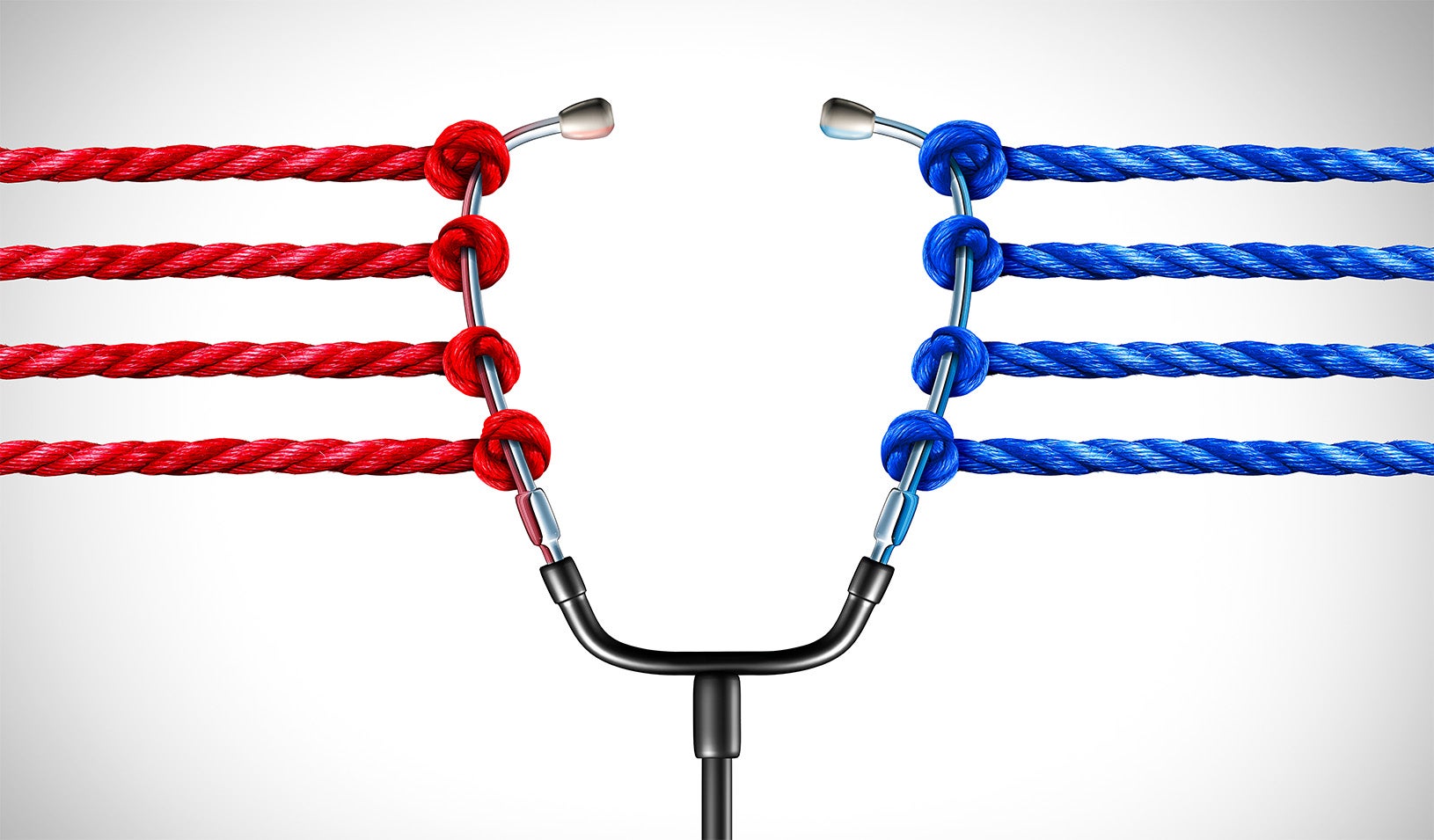May 24, 2012
| by Michele Chandler

Condoleezza Rice, professor of political economy
Condoleezza Rice has played a major role in helping to shape American foreign policy during much of the past decade. A Russia scholar and former provost at Stanford from 2001 to 2005, she served as President George W. Bush’s Assistant to the President for National Security Affairs — the first woman to hold that position. She went on to serve as the 66th Secretary of State from 2005 to 2009. She returned to Stanford as the Denning Professor in Global Business and Economy at Stanford GSB in September 2010. On May 4, she provided key insights about political changes in China, Iraq, and elsewhere around the world during her keynote speech to the Global Crossroads: Navigating the World conference. Here are excerpts:
On what brought Russian President Vladimir Putin to power:
“After the collapse of the Soviet Union, most of us here in the West in the ’90s loved Boris Yeltsin [Russia’s first elected president], and we loved the kind of ‘Wild West’ capitalism that was spreading all over the former Soviet Union. What the Russian people saw instead was deprivation, humiliation, and chaos. Vladimir Putin came to power on a policy that said, ‘I will give you respect, I will give you order, and I will give you prosperity.’ And to the degree that he was able to deliver that, he entrenched himself in power in a way that he was then able to begin to unravel the very democratic institutions that had, in fact, brought him to power.”
About how police were problematic for democracy in Iraq:
“We were particularly having a lot of trouble because the police force was essentially a Shia police force. They had a reputation, not surprisingly, among the Sunni for only cracking down on Sunnis and allowing Shia crimes to go unpunished. I went to see Iraqi Prime Minister Nuri al-Maliki, who is, himself, a Shia. I said to him, ‘Prime Minister, when the police entered my neighborhood in Birmingham [Alabama during segregation], it was not a reassuring moment. That is the problem with your police. When your Shia police enter a Sunni neighborhood, they are not a reassuring presence.’ “
“He had a kind of interesting sense of humor, and he said, ‘I’m not so sure they’re reassuring when they enter my neighborhood, either.’ But I think that he got the point. A police force that is indeed blind to ethnicity, blind to social class, and not corrupt is a very important part of the infrastructure of democracy.”
Regarding the strains to stability in China:
“I was first in Beijing in 1988. The streets of Beijing were a competition between a few horse carts and a few automobiles and a whole lot of bicycles. That’s not Beijing today. China has undergone the most rapid social and economic change in human history. But the stresses and strains on a rigid political system are beginning to show. They show in labor unrest, which is now driving up the cost of Chinese labor, as the Chinese government tries to stay out in front of expectations of higher wages. They show up in 186,000 reported riots last year in China, some considerable number of them over questions of land seizures by the state. You see it in product safety problems, whether it’s baby milk formula or bullet trains falling off the tracks. You see it now in the concerns about corruption, and you see it in the concerns about inequality.”
“The Chinese government has based its legitimacy on prosperity. Legitimacy based on prosperity can last for a while, but pretty soon, people’s expectations start to run ahead. So, China is still a work in progress.”
About what defines a true democracy:
“I would say, ‘Answer three questions for me: Can your people say what they think? Can your people be free from the arbitrary power of the state and take you to court? Do you have to ask for their consent to govern?’ If you have those three things, then you’re a democracy. If you don’t have those three things, then you’re not. I think if we boil it down to the sort of essence of democracy, we learn that while there are many forms of democracy, they all have in common at least those three principles.”
On the most surprising country in the world:
“The most surprising place in the world is Vietnam. I didn’t know what to expect. But it’s young, it’s entrepreneurial, it’s pro-American. I didn’t expect all those things. But increasingly, its governmental structures are a drag on its forward progress. I think that the suggestion about Vietnam is that it needs significant reform in terms of rule of law, [and] significant reform in terms of corruption, if it’s going to reach the heights that we all thought it was going to reach. You know, everybody thought Vietnam would be a challenger to China before very long.”
“Vietnam indeed has been on a very rapid growth curve, but it is slowing, in part because of problems with corruption, with the rule of law, and because people who are investing there are increasingly concerned about some of the policies of the government.”
For media inquiries, visit the Newsroom.






